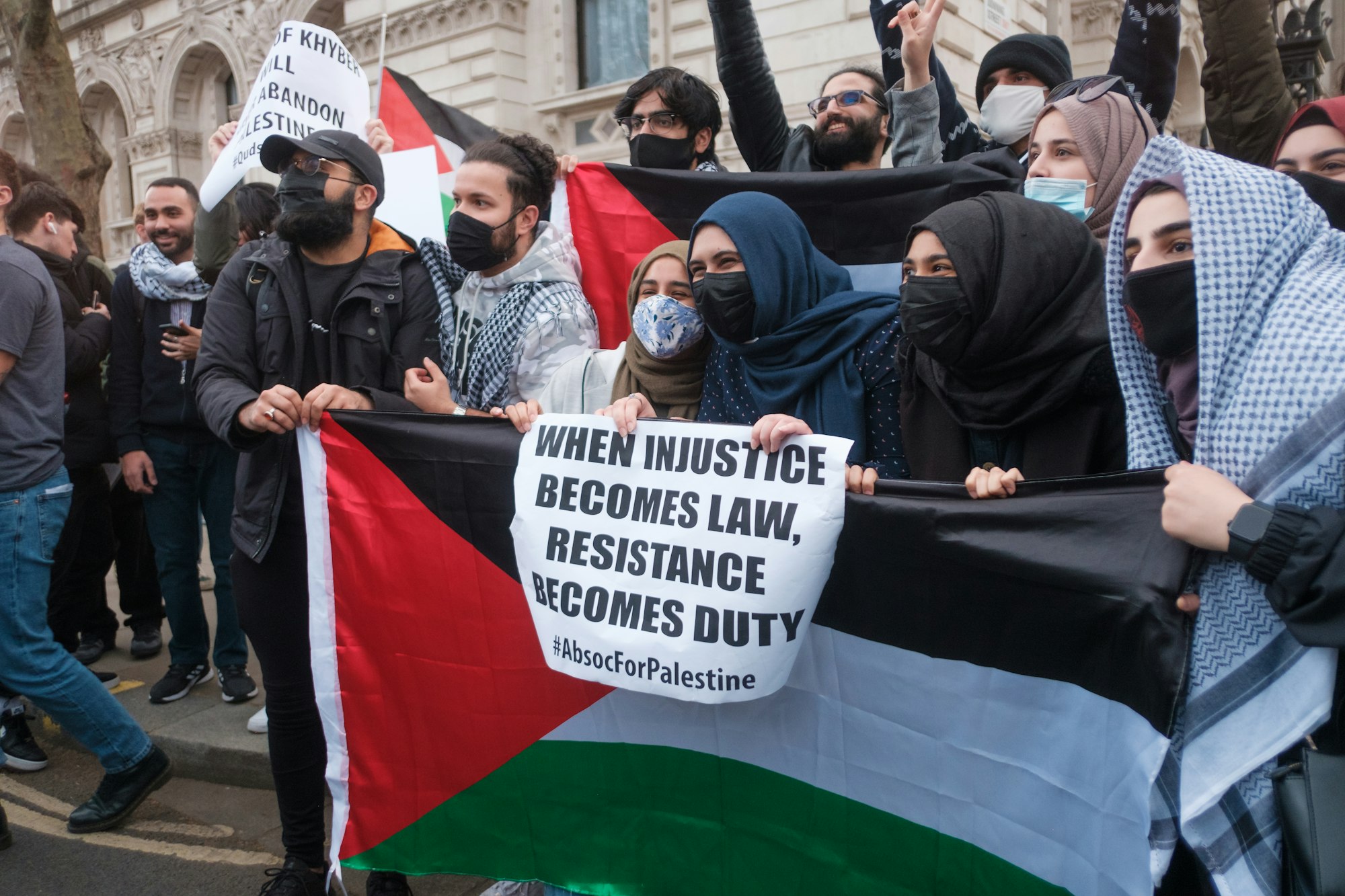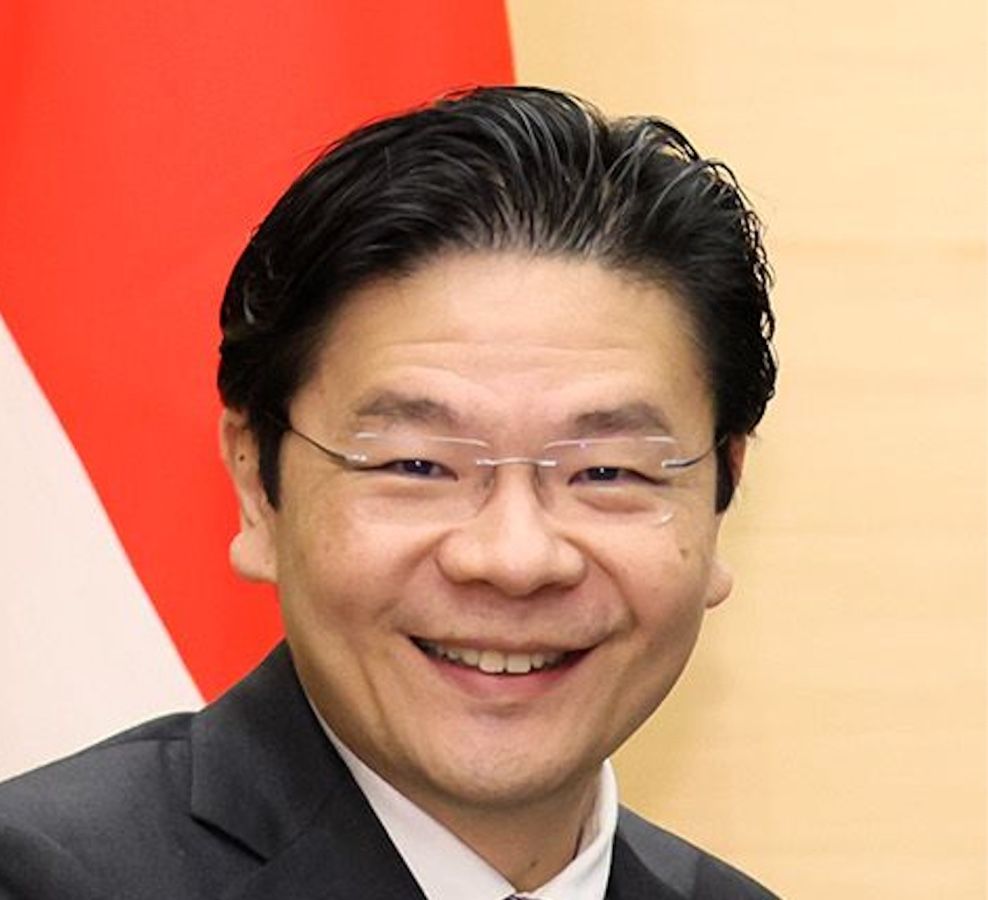World Disappointed with OIC-Arab League Summit Failures
The proposal put forth by Algeria and Lebanon to disrupt oil supplies to Israel and sever economic and diplomatic ties with the nation was rejected by most Arab League countries and the OIC

In a landmark event, an extraordinary joint Arab-Islamic summit took place in Riyadh on November 11, 2023, and its failures to help the Palestinian people against the violence of the Zionist regime in Israel is felt worldwide.
Originally scheduled as separate gatherings, the Organization of Islamic Cooperation (OIC) summit and the Arab League summit were merged due to a lack of consensus among Arab states regarding a unified response to Israel's ongoing conflict with Gaza.
The summit brought together prominent Arab and Muslim leaders, including the Emir of Qatar, the Syrian President, and notably, the Iranian President, marking the first visit of an Iranian president to Saudi Arabia since 2012. The primary objectives of the summit were to demand an immediate cessation of the Gaza war, a lifting of the Gaza siege, unhindered access for humanitarian aid, and a halt to the sale of arms to Israel.

OIC-Arab League Failures
Following rigorous discussions, the joint Arab League and OIC summit demonstrated unity and resolved to implement several decisive actions. The summit called for an arms embargo against Israel, urging all countries to cease exporting weapons and ammunition to the nation. Furthermore, leaders sought the completion of the International Criminal Court's investigation into alleged war crimes committed by Israel against Palestinians in all occupied territories, including East Jerusalem.
A significant outcome of the summit was the establishment of two specialized legal monitoring units. These units will document Israeli crimes committed in the Gaza Strip since October 7 and prepare for potential legal proceedings in international courts. The initiative aims to hold Israel accountable for their actions and deliver justice to the affected Palestinian population.
In addition to these measures, the OIC leaders passed a resolution mandating a group of countries to facilitate a political process towards achieving peace between Israel and Palestine. This mandate was assigned to Indonesia, Saudi Arabia, Jordan, Egypt, Qatar, Turkey, and Nigeria, demonstrating a collective effort to foster a lasting resolution to the conflict.
The summit also called upon the United Nations Security Council to take immediate action by producing a resolution that ensures an end to the atrocities, facilitates the inflow of essential aid, and emphasizes compliance with international law. It is essential to address the ongoing humanitarian crisis in Gaza and provide relief to the suffering Palestinian population.
Rejected proposals
Although the proposal put forth by Algeria and Lebanon to disrupt oil supplies to Israel and sever economic and diplomatic ties with the nation was rejected by most Arab League countries and the OIC, it remains a significant indication of the urgency and seriousness with which they approached the situation. While an oil embargo on Israel would have symbolic significance, its impact on the global oil market may be limited, as the United States alone has the capacity to replace any lost oil.

